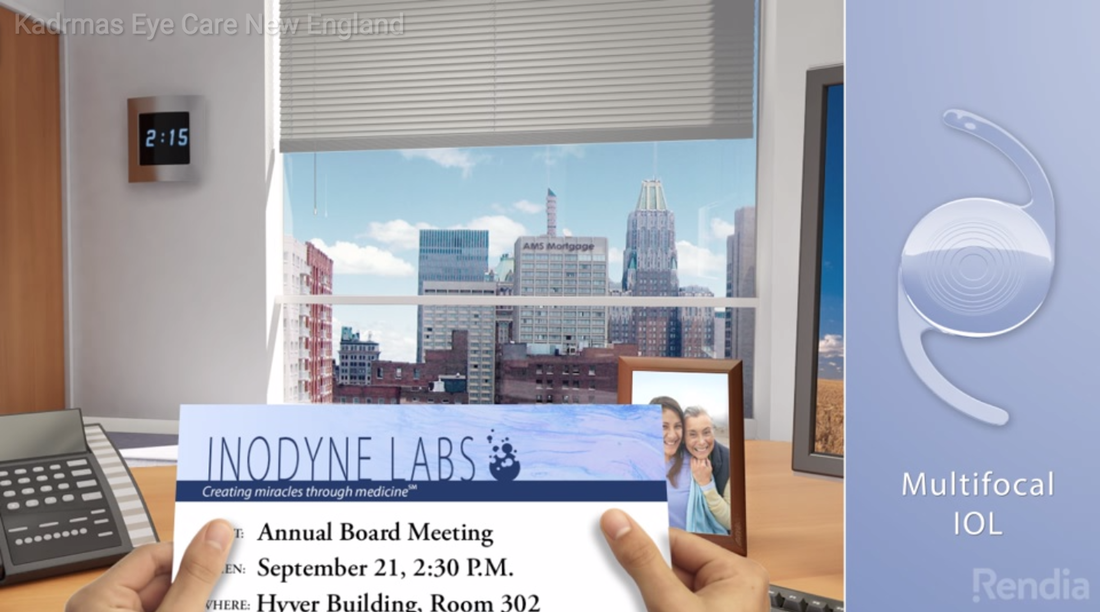|
In our previous blog post, we looked at single-focus IOLs, multi-focus IOLs, and toric IOLs, as well as three types of multi-focus IOLs with different attributes and vision benefits. In this post, we look good who may be a good candidate for multi-focus IOLs. Candidates for Multi-Focus IOLs You may be a good candidate for multi-focus IOLs if you meet the following criteria:
Conversely, if you identify with any of the following statements, you may not be an ideal candidate for multi-focus IOLs after cataract surgery:
Some questions you can ask yourself when considering artificial lens replacements are:
Having some answers to these questions in mind can help direct your conversation with your cataract surgeon when the time comes to decide on an IOL for you. Selecting the Right IOL Your cataract surgeon will discuss your vision correction needs and goals with you and help you determine which lens replacement is right for you and your lifestyle. At Kadrmas Eye Care New England, we have two highly skilled and experienced cataract surgeons who can help you make the right choice for you:
Please call us at 508-746-8600 to schedule an appointment with Dr. Strecker or Dr. Nielsen. To learn more about cataracts and cataract surgery, please visit our Cataracts webpage, as well as our Cataracts blog posts. Comments are closed.
|
EYE HEALTH BLOGCategories
All
Archives
July 2024
|
|
Kadrmas Eye Care New England
55 Commerce Way, Plymouth, MA 02360
14 Tobey Road, Wareham, MA 02571 133 Falmouth Road (Rt 28), Mashpee, MA 02649 |
Phone Number:
1-508-746-8600 Hours: Monday through Friday — 8 AM – 4:30 PM |


 RSS Feed
RSS Feed
